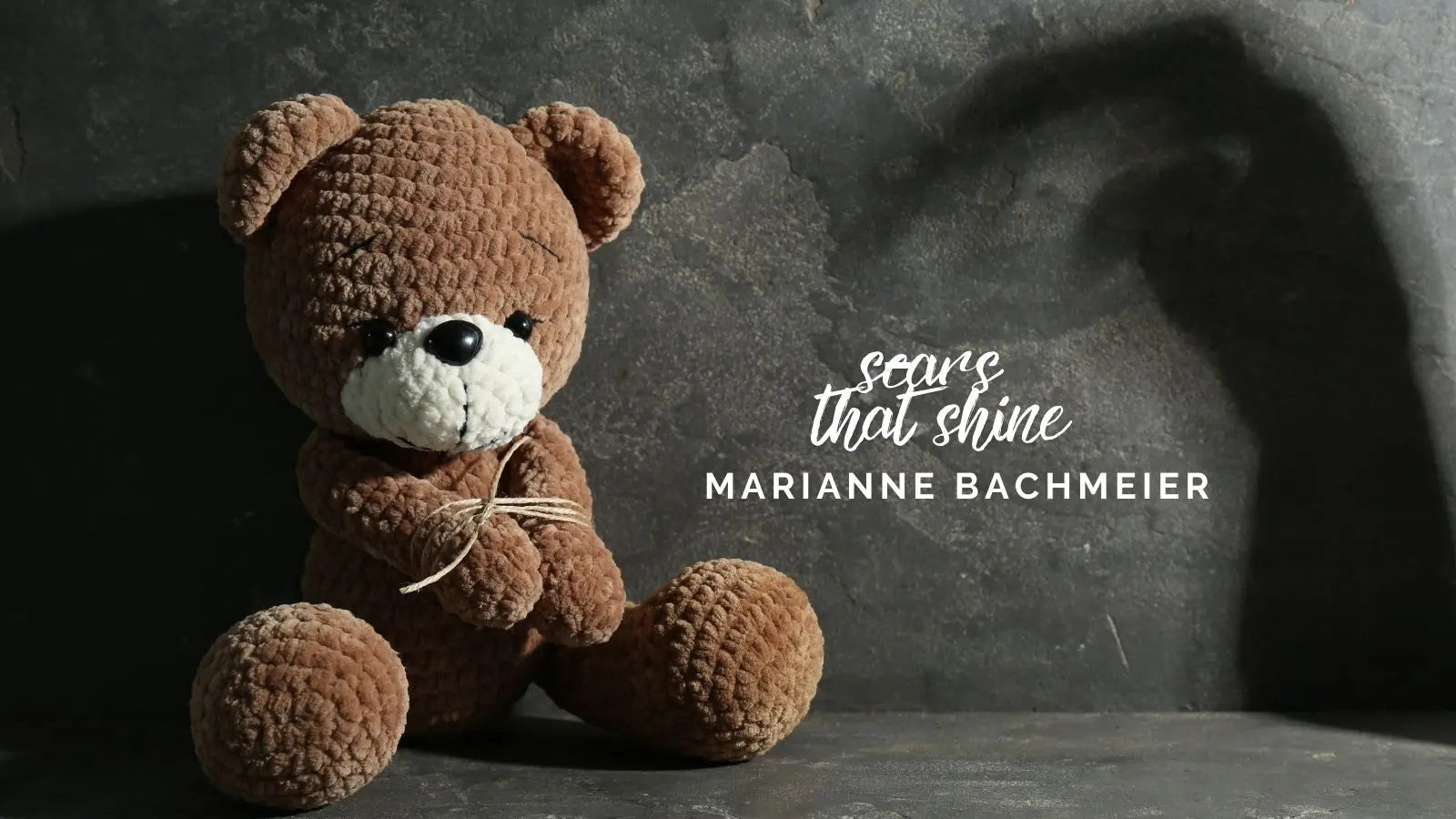
Let’s be honest—there are some bathroom debates that divide households, friendships, and entire group chats. Right up there with "toilet paper over or under?" and "can you use conditioner without shampoo?" is the age-old, skin-deep question:
It seems simple enough, right? You step into the shower, grab your favourite cleanser, and go about your business. But lurking beneath those scented suds and fancy bottles lies a real skincare conundrum. One that involves science, sustainability, skin types, and yes—a touch of personal drama.
So, whether you're loyal to your trusty soap bar or you're a die-hard body wash devotee, let’s get into the lather of the matter and settle this bubbly debate once and for all.
Shower Gel: The Luxurious, Lather-Loving Favourite
Shower gel has come a long way from the neon goo of the '90s. These days, shower gels are sleek, sophisticated, and formulated to target everything from dry skin to post-workout sweat.
The Pros of Shower Gel
Hydration Galore: Many modern shower gels are packed with moisturising ingredients like glycerin, shea butter, coconut oil, aloe vera, or even hyaluronic acid. These help to cleanse the skin without stripping it of essential oils. If you have dry or sensitive skin, a nourishing gel could be your holy grail.
Tailored Formulations: The beauty of shower gel lies in variety. You’ll find formulas for eczema, acne-prone skin, post-shave soothing, even gel exfoliators with salicylic acid or glycolic acid. It’s skincare and body care wrapped in one fragrant package.
Hygienic Application: No shared surfaces or soggy leftovers here. Shower gels are dispensed straight from the bottle, reducing the risk of bacteria buildup—especially ideal if you’re sharing a shower space or have little ones around.
Sensory Experience: Let’s be honest—shower gels just feel *fancy*. They foam up beautifully, often smell amazing, and can turn your routine into a full-on aromatherapy session. Whether you’re in the mood for calming lavender or zesty citrus, there’s a scent to match your vibe.
Great for Shaving: Some shower gels double up as a silky shaving base, making your morning routine that little bit smoother—literally.
The Cons of Shower Gel
Ingredient Watch: Some cheaper or mass-produced shower gels contain sulphates like sodium lauryl sulphate (SLS), artificial colours, or synthetic fragrances that can irritate sensitive skin. Always check the ingredients list if you’re prone to reactions.
Environmental Impact: Most shower gels come in plastic packaging, and while many are recyclable, not all end up being recycled. If you’re trying to reduce your plastic footprint, this could be a drawback.
More Expensive Over Time: Depending on the brand and how liberally you use it (come on, we’ve all gone heavy-handed with the loofah), shower gels can run out quicker than a bar of soap—and the cost adds up.
Bar Soap: The Old-School, Eco-Friendly Hero
Bar soap might seem like the old-fashioned option, but don’t count it out just yet. With artisanal options on the rise and natural formulas making a comeback, bar soap is reclaiming its spot in the spotlight.
The Pros of Bar Soap
Eco-Friendly Credentials: Bar soaps are often packaged in paper or cardboard, making them a winner in the sustainability stakes. No plastic, no fuss, and fewer carbon emissions to produce.
Simple Ingredients, Beautiful Results: Many high-quality bar soaps are made with nourishing oils like olive, coconut, or jojoba, and contain minimal, natural ingredients. Great for those who like to keep their skincare as clean and uncomplicated as possible.
Cost-Effective: Bar soap generally lasts longer than shower gel and tends to be less expensive. If you're watching your budget but still want great skin, a good bar of soap delivers results without the price tag.
Skin-Treating Superstars: From goat milk and honey to charcoal and turmeric, there are countless bar soaps now made for specific skin concerns. Some are even cold-processed to preserve natural benefits.
Perfect for Travel: Solid, spill-proof, and TSA-approved—bar soap is a no-brainer for holidays, gym bags, and handbags.
The Cons of Bar Soap
Drying Potential: Traditional bar soaps, especially the very cheap supermarket versions, can have a high pH level that strips your skin of its natural oils. This can leave your skin feeling tight or itchy.
Bacteria Build-Up: If not stored properly, a used bar of soap can collect water, germs, and even mildew. It’s essential to keep it dry between uses and use a soap dish that drains well.
Hard Water Woes: Bar soap doesn’t always lather well in hard water areas, which can leave you feeling like you didn’t get a proper wash.
Which One Should You Use?
Let’s get real: there’s no one-size-fits-all answer here. Your skin type, lifestyle, values, and even the season can play a role in which cleanser suits you best.
If you have:
Dry or Sensitive Skin: Look for moisturising shower gels or creamy bar soaps enriched with butters and oils.
Oily or Acne-Prone Skin: Try a gel with salicylic acid or a charcoal-based soap bar for deep cleansing.
Sensitive Nose or Skin: Opt for fragrance-free or hypoallergenic options in either form.
An Eco-Conscious Heart: Bar soap wins hands-down here, especially if handmade and locally sourced.
A Desire for Luxury: High-end shower gels will give you a spa-like feel in the comfort of your own bathroom.
My Personal Take? Why Not Both!
Yes, I’m that person. I keep both in my bathroom and switch depending on my mood or what my skin’s saying that day.
In the summer, I love a zingy shower gel that wakes me up. In the winter, a creamy oat or goat milk soap bar is my go-to for keeping my skin happy. And let’s not even get into how I choose scents depending on my emotional state—because that’s a whole other post.
































